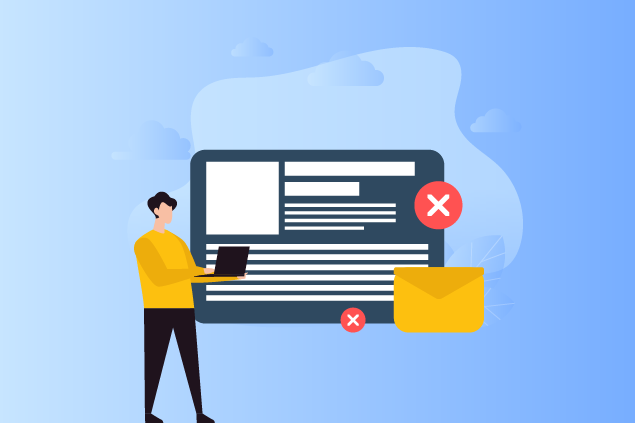The Legal Electronic Data Exchange Standard (LEDES) has been around since 1995. Yet, many lawyers that could benefit from this e-billing option still have yet to embrace it. For some, it is a lack of understanding about how LEDES works and the motivation for its usage. For others, the hesitance comes from uncertainty about how to effectively implement LEDES into their firm billing procedures.
This post is for every attorney with questions about LEDES, including whether it can add value to their firms and how to integrate this billing tool into legal practice.
What is LEDES and How Does it Work?
Created by the Legal Electronic Data Exchange Standard Oversight Committee, LEDES was born out of the need to develop a legal e-billing standard that “meets the needs of corporations, law firms, and legal industry software vendors.” The LEDES framework is guided by basic principles that center on the simplification of the billing process. This is done by creating bills that are clear-cut and unambiguous, ensuring minimal changes to existing legal billing formats, enabling the continued use of the law firm’s existing financial system, and addressing the needs of stakeholders within the Legal Industry.
Having expanded substantially within the legal industry, LEDES is now widely used by domestic and international law firms. However, it is most useful when utilized within practice areas that engage with third-party corporations in disputes similar to those in workers’ compensation cases, personal injury lawsuits, and homeowner’s insurance disputes. Attorneys in these practice areas typically work with third-party clearinghouses like insurance companies when seeking compensation for their clients. This is especially advantageous as LEDES uses one centralized e-billing format to streamline the process and make for a more timely conclusion.
Simplifying the Invoicing Process
When issuing invoices, LEDES billing codes can streamline the process to make it easier for firms to navigate. LEDES codes, otherwise referred to as Uniform Task-Based Management System (UTBMS) codes, allows for the sorting and compartmentalization of billable tasks and expenses. For example, LEDES timekeeper classification codes quickly categorize the various levels of timekeepers that may work on a matter, from law firm partners to legal assistants.
LEDES also simplifies the e-billing process by using activity codes to define common tasks generally performed by law firms. By implementing LEDES billing, law firms can adequately select the most appropriate activity code to commonly define tasks completed on a matter. These pre-established codes create less effort for staff, creating an environment where any firm member can quickly generate compliant invoices, making the entire process economically viable.
Two key ingredients in a law firm’s success are its billing and collection of data. Lawyers need to have a clear understanding of where efforts are spent and whether those efforts are adequately turning a profit. The use of LEDES codes easily ensures the accurate tracking of data for invoicing. Firms often utilize broad “catch-all” codes to categorize completed tasks, but these generalized codes can make it very tedious to distinguish between legal services in determining those that are frequently provided and to which clients.
With a LEDES e-billing system in place, law firms do not have to invent the wheel from scratch. As this system sets standardized coding for billing and tasks, it enables lawyers to easily analyze this data for insight to determine actionable steps. Efficiency and profitability emerge when lawyers can identify those tasks that take the most time in order to establish ways to resourcefully conduct them.
To sustain a competitive edge, law firms can no longer depend on outdated and ineffective billing practices that don’t support greater profits. LEDES provides adequate data reviews to promote this process. It has been rigorously fine-tuned for over two decades so that implementation is all that a firm needs to accelerate collections and improve the tracking of billing data.
Integrating LEDES Billing
The LEDES e-billing system is proven to be time-efficient, worthwhile, and a valuable element for faster invoice payments. One primary consideration for implementing the LEDES billing system is the tool by which it will be implemented. Firms require compatible billing software that can process and format invoices in their most efficient and accurate formats.
With automated formatting to the exact specifications of the LEDES billing system, TimeSolv legal billing software allows lawyers to easily upload client data and generate LEDES compliant invoices. Once matter-specific data is inputted into the system, the software generates a LEDES billing statement that stands up against those generated by the most prominent law firms in the nation and promotes compliance with major third-party clearinghouses.
TimeSolv offers step-by-step instructions for LEDES invoices within their legal billing software so that lawyers can quickly implement LEDES into their existing billing processes. With TimeSolv, firm leaders can rest assured that every member of their firm is properly trained and able to adequately navigate the LEDES billing system. To learn more about TimeSolv and its LEDES billing capabilities, click here to take advantage of a free, no-obligation trial period.
















